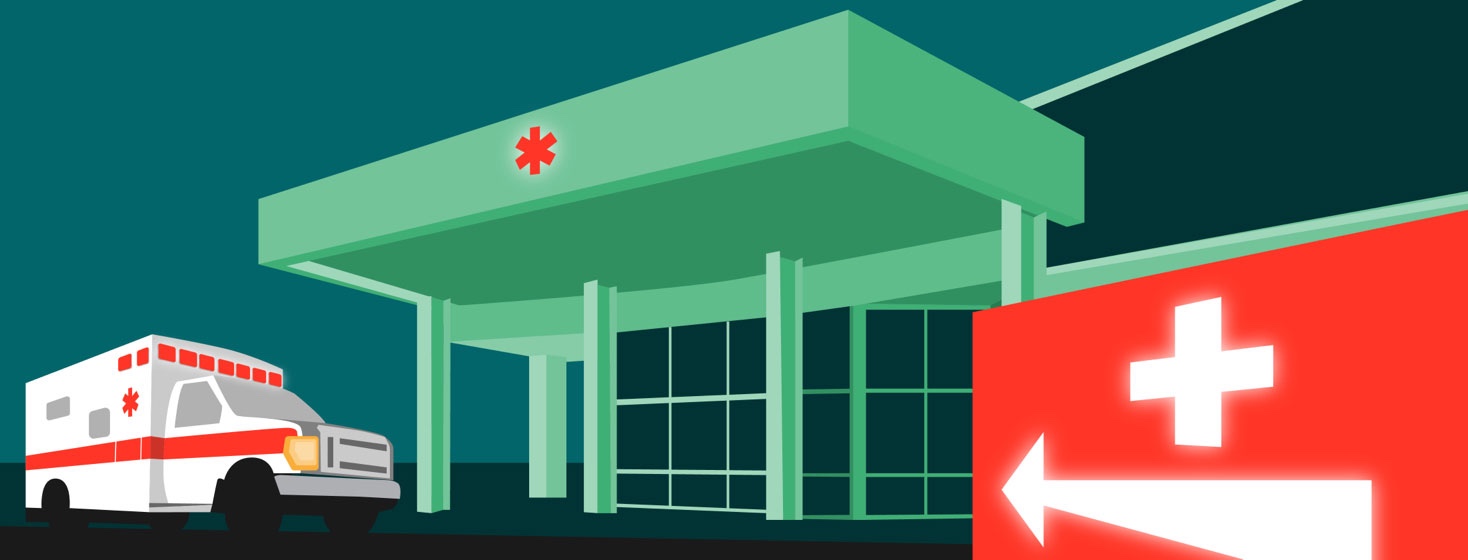You Need to Know Before Being Admitted
Many of us have had to have extra care lately and have been hospitalized. It seems that winter is an extremely tough time for us.
Being isolated during Covid meant that our resistance to viruses has lowered, and this has left us susceptible to everything that is going around. This could increase our chances of finding ourselves in the hospital for a little bit of time.
Things to remember while being admitted into the hospital
Here is a list of things to consider that I have found helpful when being admitted.
Have a bag packed
If you have taken a few minutes to prepare your go-to bag for hospital emergencies, it will come in handy now. This ensures that you will have the things you need so you can have a comfortable stay.
Also, have an up-to-date list of your medications, a brief history of your chronic illness, and a book to keep track of follow-up appointments.
Length of time in the hospital
Your likely stay will be for at least a week or two until you become stable enough to breathe on your own. This is a great time to get your questions ready to ask doctors and nurses and keep a journal of the answers.
You will see some young and eager doctors who are willing to tell you what they know about your COPD. The nurse has lots of information for you as she reads the charts and regurgitates them to the doctor.
Social services are there to help you
These in-hospital incidents have a way of setting us back. Assume that you will have a tough time recovering and request the services of a social worker.
They will investigate services that are available to you in the community and help you get set up for successfully leaving the hospital. Social services may be able to help with recommending equipment you may need and help you source funding for it.
Pay attention to what they say because the last thing you want to do is return to the hospital after you are discharged.
Sleep may be hard to come by
Being in the hospital does not mean that you will be sleeping. You may be in a bed, but it is a busy place with doctors and nurses coming and going at all times of the day and night.
Often I want to tell them to use their indoor voices because there is so much happening around me, and it can get loud. I take earbuds and a sleep mask to help me get the best sleep I can.
Your stay may be intense
You will likely have a stint in the ICU if you are in serious trouble. You could be prescribed ventilation, noninvasive ventilation like a BiPAP, or oxygen.
Remember that the choices you make now are yours and yours alone. Speak up about your concerns and have your voice heard. Once stabilized, you will no longer need intensive care.
You will likely be sent to the step-down ward. This is a time to rejoice. You are on your way to better days and being released.
Respiratory therapists can help after you are discharged
Get medication sorted out, and be sure you know when and how to take them. Ask about smoking cessation and pulmonary rehab programs. Accept as much in-house support as they are willing to give you.
Do you have anything that you would add to this list? Let us know in the comments.
Editor’s Note: We are extremely saddened to say that on January 7th, 2024, Barbara Moore passed away. Barbara’s advocacy efforts and writing continue to reach many. She will be deeply missed.

Join the conversation